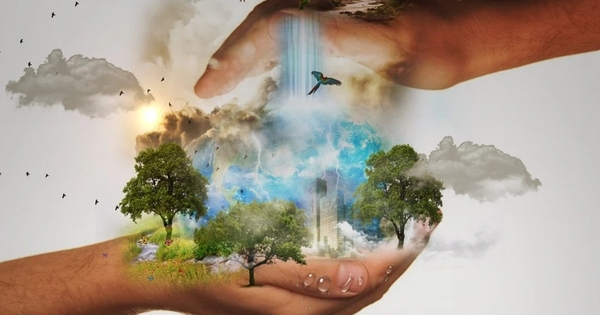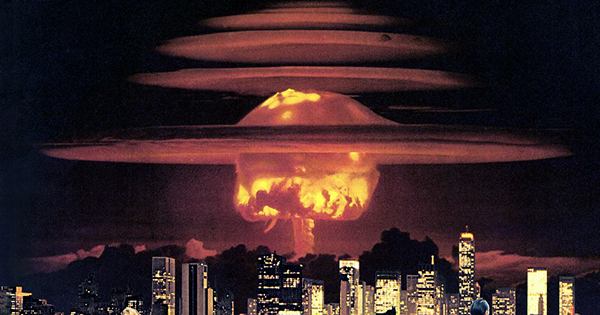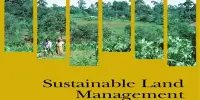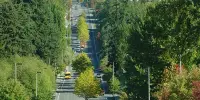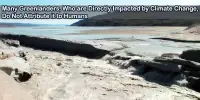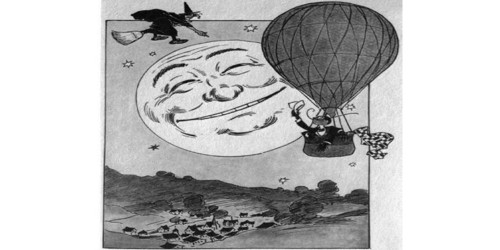Biodiversity loss refers to the decline in the variety of species, ecosystems, and genetic diversity within species. This decline is happening at an unprecedented rate due to human activities such as deforestation, habitat destruction, introduction of invasive species, overexploitation, pollution, and climate change.
Biodiversity is traditionally defined as the diversity of all forms of life on Earth. It includes the number of species, their genetic variation, and how these lifeforms interact within complex ecosystems. Biodiversity loss has far-reaching impacts on both the natural world and human societies. Ecosystems with high levels of biodiversity are more resilient and better able to adapt to changing conditions, provide crucial ecosystem services such as pollination and water filtration, and serve as a source of food and medicine.
Even though permanent global species loss is a more dramatic and tragic phenomenon than regional changes in species composition, even minor changes from a healthy stable state can have dramatic effects on the food web and the food chain insofar as reductions in just one species can have an adverse effect on the entire chain, leading to an overall reduction in biodiversity, despite possible alternative stable states of an ecosystem. The ecological effects of biodiversity are typically offset by its loss.
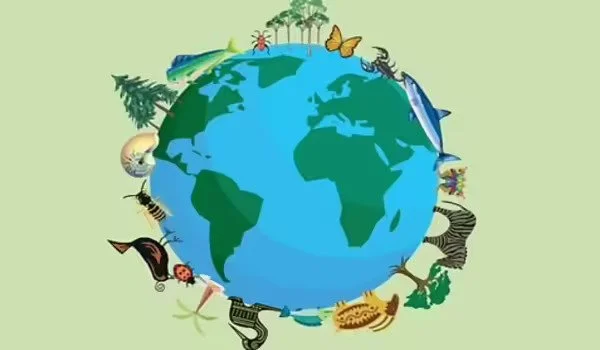
In addition, the loss of biodiversity can also lead to the extinction of species, which is a loss that cannot be reversed. This loss of biodiversity has significant consequences for the stability and functioning of ecosystems, and for the cultural, ethical, and economic values associated with maintaining a diverse and abundant natural world.
Efforts to conserve biodiversity must therefore be a global priority, and can include measures such as protected areas, sustainable use of resources, reducing the impact of climate change, and controlling the introduction of invasive species.
Biodiversity is commonly defined as the variety of life on Earth in all of its forms, including species diversity, genetic variation, and interactions between these lifeforms. However, since the late twentieth century, human-caused biodiversity loss has had more severe and long-lasting consequences. According to numerous scientists and the landmark IPBES Global Assessment Report on Biodiversity and Ecosystem Services, human population growth and overconsumption are the primary causes of this decline. Human-caused biodiversity loss includes habitat destruction, pollution, and resource overexploitation.
